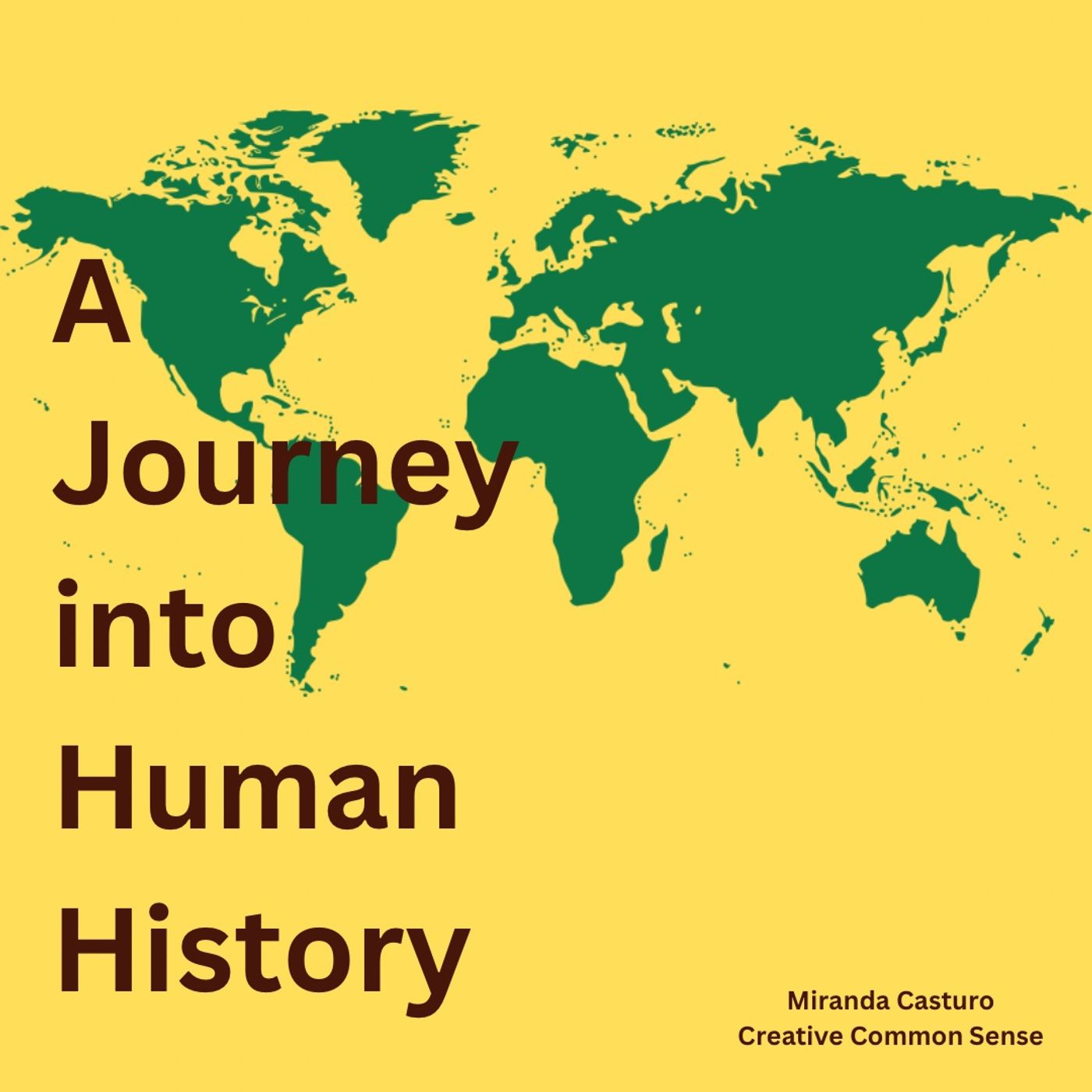The Protestant Reformation
Description
In the sixteenth century, many European Christians were critical of practices within the Catholic Church. Some scholars in northern Europe had turned to Christian humanism as a means of making people more pious and thus achieving religious reform. Martin Luther, a German monk, began the Protestant Reformation when he publicly objected to the church’s sale of indulgences. Luther was excommunicated, but the printing press enabled his ideas to spread throughout Europe. Luther taught that faith alone was needed for salvation and that scripture was the only source of Christian authority.
Luther’s ideas became popular among many, including Ulrich Zwingli and John Calvin in Switzerland. Followers of John Calvin, called Calvinists, spread his teachings to the Netherlands, Scotland, France, and England. A variety of Anabaptist churches were also established that rejected infant baptism. In England, Henry VIII rejected the pope’s authority after the pope refused to grant him an annulment. As Protestantism gained adherents, religious wars erupted throughout Europe. The Council of Trent, called by the Roman Catholic Church in 1545, reaffirmed some aspects of church doctrine while also passing reforms that attempted to eliminate some of the problems that led to the Reformation. Wars over religion continued for many years.
All images referenced in this podcast can be found at https://openstax.org/books/world-history-volume-2/pages/5-1-the-protestant-reformation
Welcome to A Journey into Human History.
This podcast will attempt to tell the whole human story.
The content contained in this podcast was produced by OpenStax and is licensed under a Creative Commons Attribution License.
Access for free at https://openstax.org/books/world-history-volume-2/pages/1-introduction
Podcast produced by Miranda Casturo as a Creative Common Sense production.
More Episodes
Over the course of the eighteenth century, a series of famines and economic crises deepened wealth inequality and narrowed access to political power on both sides of the Atlantic. As the growing influence of the public sphere and Enlightenment ideas of equality and liberty shaped opposition to...
Published 12/25/23
Published 12/25/23
Over the course of the seventeenth and eighteenth centuries, the public sphere became an increasingly important component in the spread and development of Enlightenment ideas. As networks of informal socialization and intellectual exchange, coffeehouses provided a setting in which people from all...
Published 12/22/23


